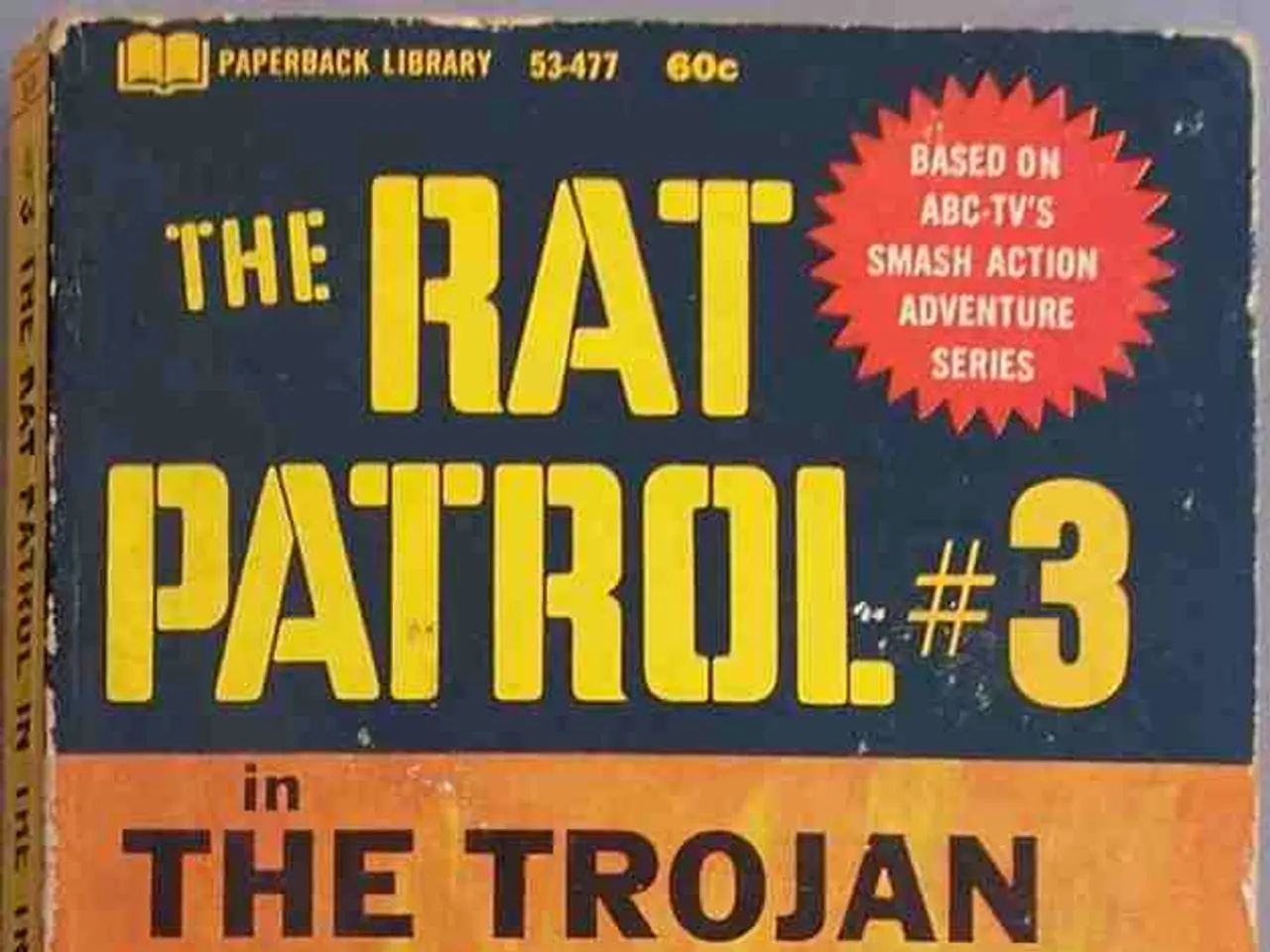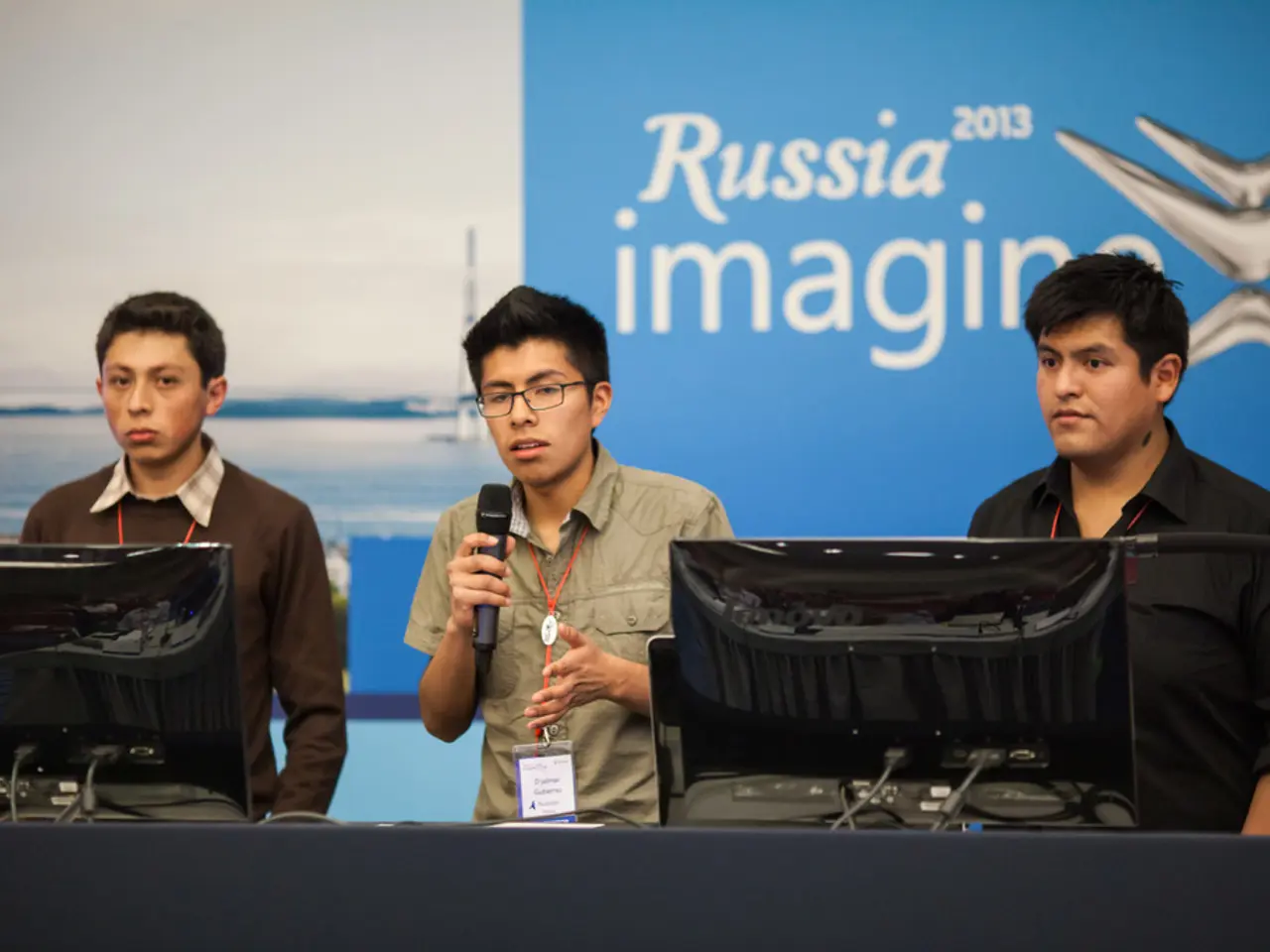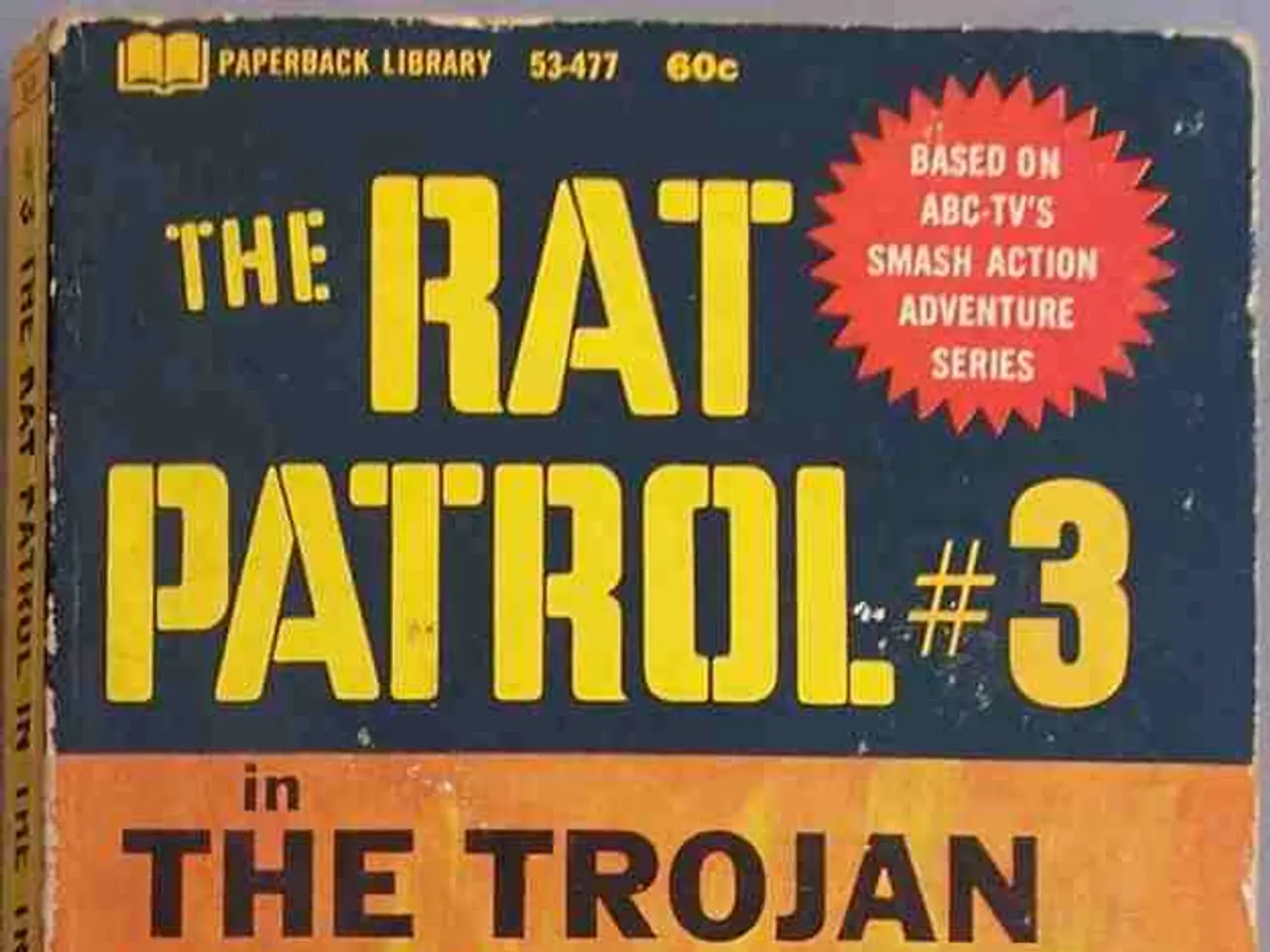Admission of Security Vulnerabilities in Iran's Conflict with Israel Revealed
In recent developments, Iranian President Massoud Peseschkian has admitted to security flaws in his country's war against Israel, marking a rare instance of self-criticism in the authoritarian-governed nation. Despite speculation about extensive cooperation between some security circles and Israel's foreign intelligence agency, Mossad, there is no evidence to support this claim.
The history between Iran and Israel dates back to the Cold War era, where they shared close relations due to the periphery doctrine, viewing Arab powers as a common threat. However, relations deteriorated following the Iranian Revolution in 1979, with Iran supporting various groups hostile to Israel, such as Hezbollah and Hamas.
The ongoing conflicts between the two nations are marked by proxy wars, with Iran supporting Shia militias in Lebanon and Palestinian groups, while Israel has countered by supporting Iranian rebels and conducting airstrikes against Iranian allies.
Recent tensions have seen reports of Israeli infiltration into Iranian military and intelligence apparatus, including alleged spying and surveillance within Iran's defense ministry and even among those close to Supreme Leader Ayatollah Ali Khamenei. This has led to a crackdown by Iran, with several individuals accused of spying for Mossad being arrested, and a restructuring of its security apparatus to counter such breaches.
Israel has been involved in the assassination of Iranian nuclear scientists and has conducted targeted strikes against Iranian military leaders. Lesser-known targets, such as an anti-Holocaust foundation in Tehran, have also been attacked during the conflict.
Peseschkian's admission was made during a cabinet meeting in Tehran, where he also emphasized the need to treat certain groups with respect and praised domestic critics who condemned the Israeli attacks. This nationalistic response demonstrates a growing sentiment among Iranians against Israeli aggression.
However, no new information about the war between Iran and Israel, attacks on military and nuclear facilities, or other targets was provided in this latest development. The relationship between Iran and Israel remains marked by hostility, mistrust, and ongoing proxy conflicts.
The community policy in the ongoing conflict between Iran and Israel may be revised, considering Peseschkian's admission of security flaws in Iran's war against Israel. The general news about the region often encompasses discussions on politics, war-and-conflicts, and environment, with the environment also being a concern as both nations grapple with their ongoing disputes.






